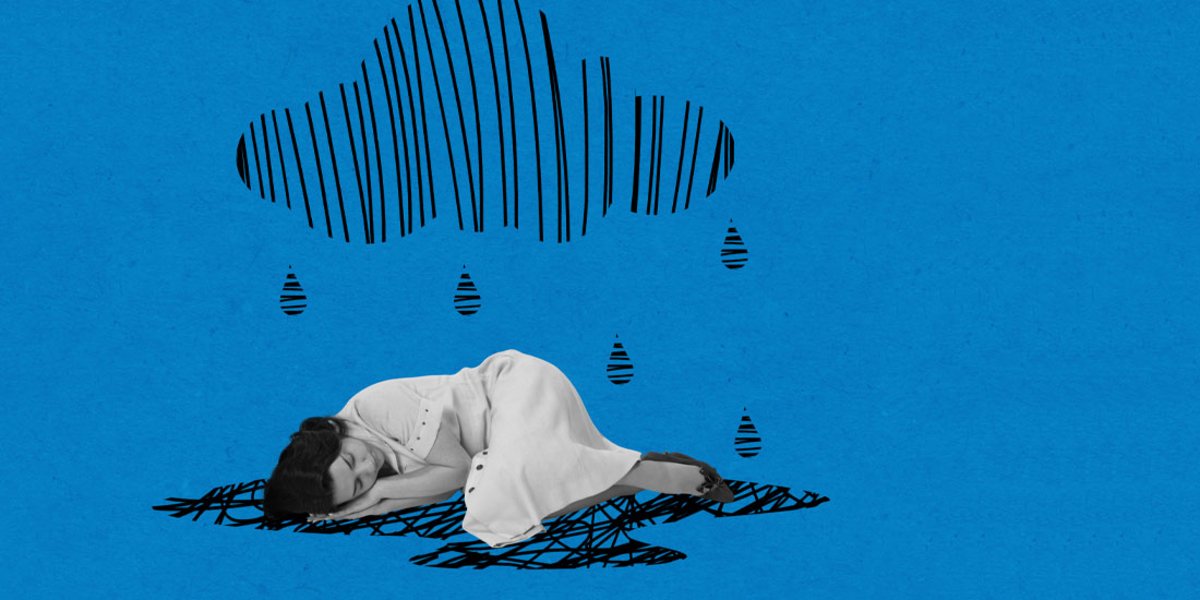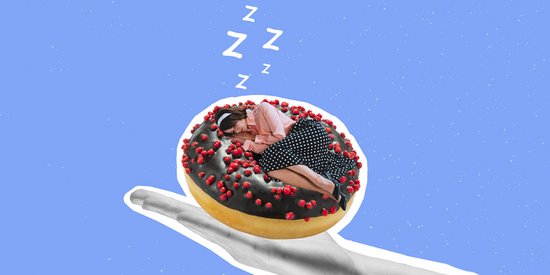Your nights boil down to you waking up 2 or 3 times, or even more. Although the harmful effects of not getting enough sleep are well known, you cannot sleep properly. Sleep disorders can be caused by a lot of things, sums up neuropsychiatrist Daniel Neu, head of the Sleep Center at CHU Brugmann in Belgium.
With the presence of acute fatigue, sleep deprivation seriously starts to become an additional stressor. You are probably really suffering from having trouble sleeping.
Whether it is frequent or prolonged nocturnal awakenings, when sleep disturbances set in, different symptoms can appear over time and are different from person to person.
Insomnia is characterized as having difficulty falling asleep.
What you don't know, however, is that the way you fall asleep and waking up the next day reveals a lot about your sleep, and the factors of being able to fall asleep.
We must take into account that the duration of sleep tends to decrease with age. We must also take into account that not being able to fall back to sleep at 5 a.m. can also be a symptom of depression.
What happens during my nights sleep?
We all have our own biological clock on which our well-being depends, yet during 24 hours the body devotes energy to different systems (endocrine systems, digestive system, respiratory system…).
Our nights of sleep are a combination of 3 phases obeying the sleep cycle, namely falling asleep, deep sleep and REM sleep, which we clarify here:
The phase of falling asleep
It is a light phase of sleep, it is also an intermediate change that allows you to go from a waking to a sleeping state. It usually lasts between 5 and 10 minutes. As a result, the sleeping person can wake up easily because they are sensitive to outside noise.
The deep sleep phase
This is where the body really gets all of its energy back. In the event of insomnia, deep sleep becomes restorative sleep for the body. The latter straightens tissues, shapes the bones and muscles of the body and strengthens the immune system.
The REM phase of sleep
During REM sleep, the brain becomes more active and the sleeping person is likely to have dreams. The heartbeat accelerates and the rhythm is not stable, finally the muscles relax and the person is then less physically tense.
Ongoing studies:
There is strong evidence that temporary or acute insomnia can cause considerable psychological and emotional distress. Recent studies in the United States show us that chronic insomnia is associated with an increased risk of many health problems.
And not only that: they have shown that the less you sleep, the higher the body mass index (BMI), that appetite and hunger are regulated by many molecules playing a considerable role on the factor of sleepiness and on the fatality of insomnia.They found the same impact of lack of sleep on the risk of obesity, loss of control about feeling full up, increasing attraction to fatty and sugary foods.
For researchers at Stanford University, the answer lies in hormones.This set of links between sleep and hunger hormones could be one of the factors behind the epidemic of obesity and is closely correlated with different sleep disorders. There are though, foods that help you sleep and other interesting methods that may be able to help you.








